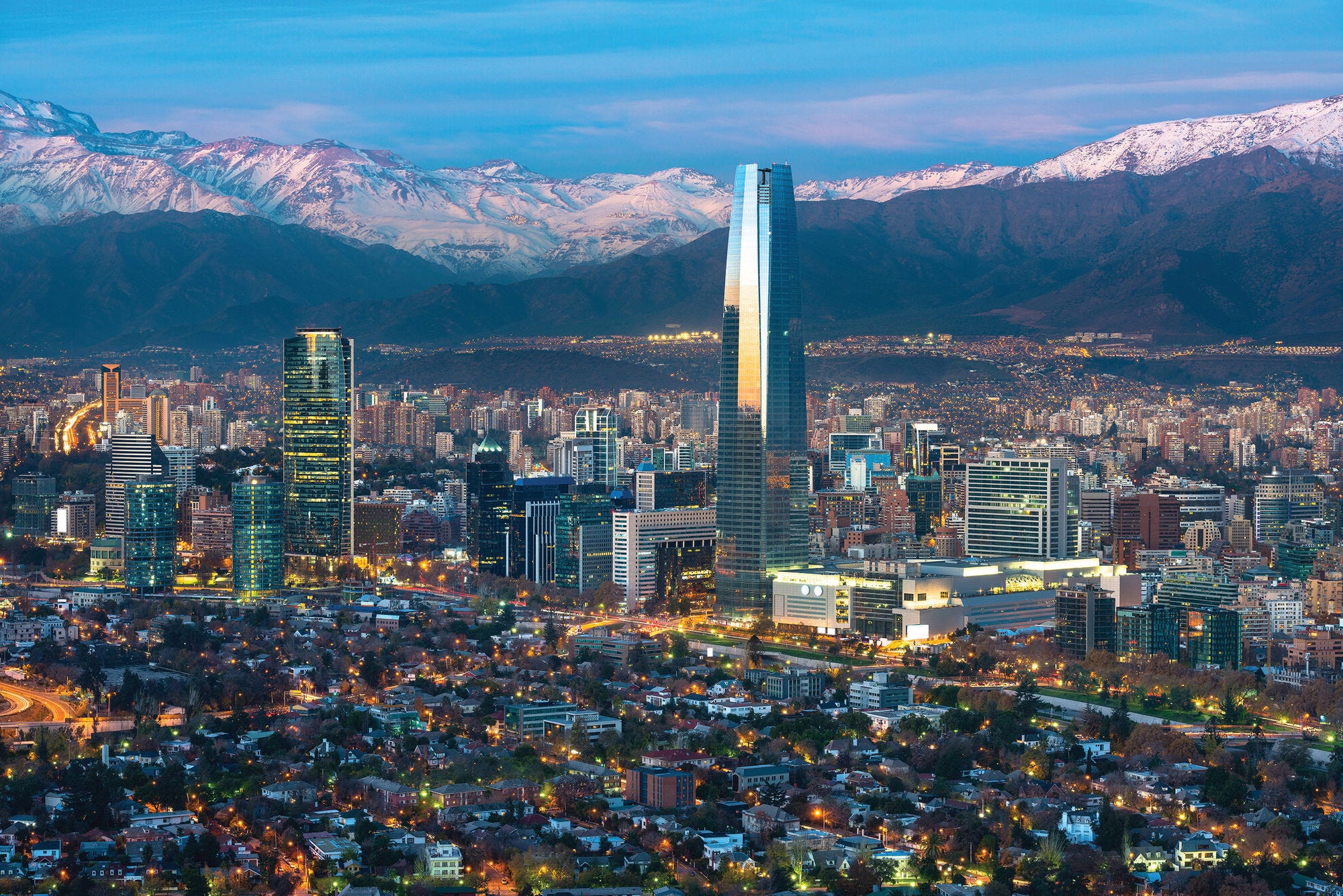Lobbying and influence activities are legitimate acts of democratic participation and grant all interested stakeholders a right of access to the development and implementation of public policies. But without a fair and equitable framework for lobbying, these activities can lead to abuse of power, unfair distribution of opportunities, and policies that do not always benefit our societies. Rules and guidelines on lobbying are also instrumental in fostering citizen’s trust in policymaking and reinforcing democracy, a key priority of the OECD.
Over the past thirty years, Chile has maintained stable and effective democratic institutions. The government has worked diligently to strengthen equity, transparency and integrity in decision making. Currently, Chile has a strong regulatory framework for transparency in lobbying and political finance, compared to other OECD countries.
However, the advent of digital technologies has made the scope of lobbying and influence more complex than the way it has been traditionally defined in regulations. Social media is now widely used as a lobbying tool posing new integrity risks to the policy making process. More actors are involved than ever before – through grassroots movements, industry or trade associations, public relations and law firms, think tanks, research bodies, charities, fundraising organisations – which makes it more difficult for governments to tackle undue influence and set up a strong and effective framework on lobbying activities. As such, the OECD Lobbying in the 21st Century Report suggests a more comprehensive approach to defining lobbying to address these emerging challenges. Chile is familiar with these challenges and in 2023, the Government of Chile reached out to the OECD for guidance on how to modernise its lobbying framework to ensure the continuous safeguarding of public decision-making processes from risks of undue influence. This reflects the Chilean government’s good practice of continuously monitoring challenges and adapting frameworks accordingly.
This report looks at Chile’s current lobbying regulatory framework and practice and assesses its resilience to emerging trends and new challenges. In particular, the report identifies measures and complementary reforms Chile could adopt to strengthen the existing legislative framework, raise awareness about integrity standards on lobbying for government officials and lobbyists more broadly, and improve disclosure of lobbying and influence activities.
This report was approved by the OECD Working Party on Public Integrity and Anti-Corruption (WP-PIAC) on 21 November 2023 [GOV/PGC/INT(2023)15], declassified by the Public Governance Committee on 10 May 2024 [GOV/PGC/INT(2023)15/REV1] and prepared for publication by the Secretariat.
